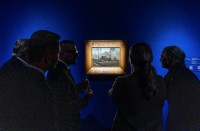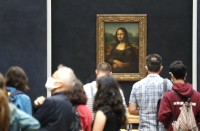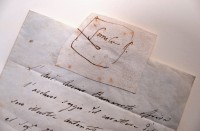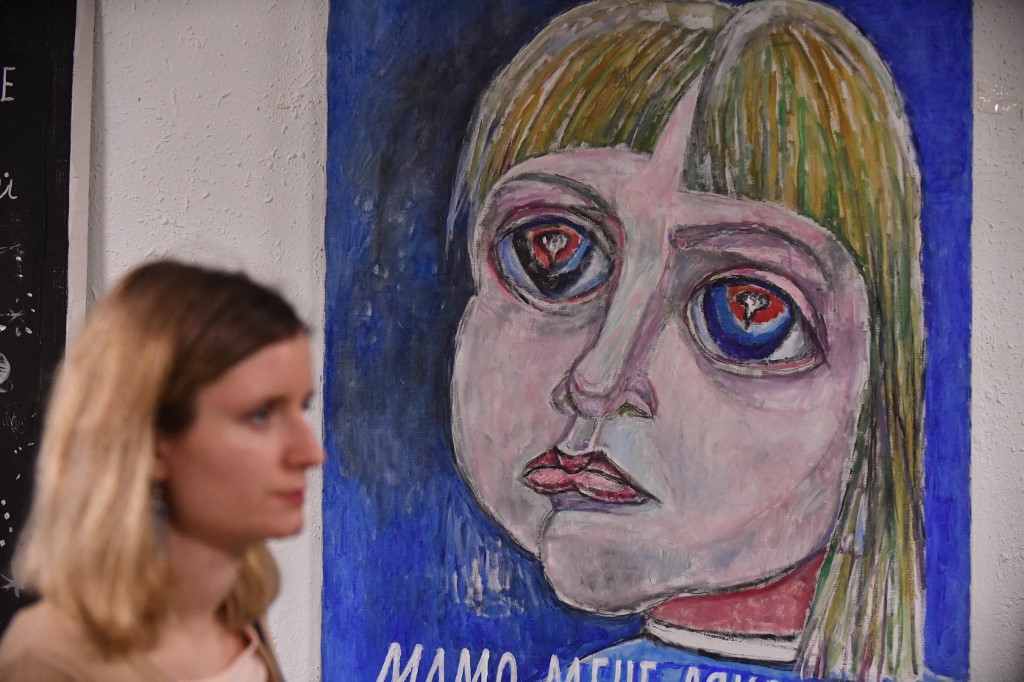
SAINT PETERSBURG, Russia (AFP) — An exhibition of anti-war drawings was unveiled in Russia on Tuesday despite government efforts to snuff out any criticism of President Vladimir Putin’s assault on Ukraine.
Elena Osipova, a 77-year-old protest artist from Russia’s second city Saint Petersburg, presented 15 of her drawings created between 2014 and 2022.
One work shows the face of a little girl with big eyes. “Mom, I am afraid of the war,” read the words next to the image, in Russian and Ukrainian.
Another drawing features a white crane and proclaims: “Russia is not Putin.”
“It’s an anti-war exhibition,” Osipova said, calling the event a protest and a gesture of “repentance.”
“We need to avoid casualties. And it depends on one person, but no one can do anything,” she said, apparently referring to the Russian president.
Since the start of the military campaign in Ukraine all public criticism has been outlawed including the words “war” and “invasion.”
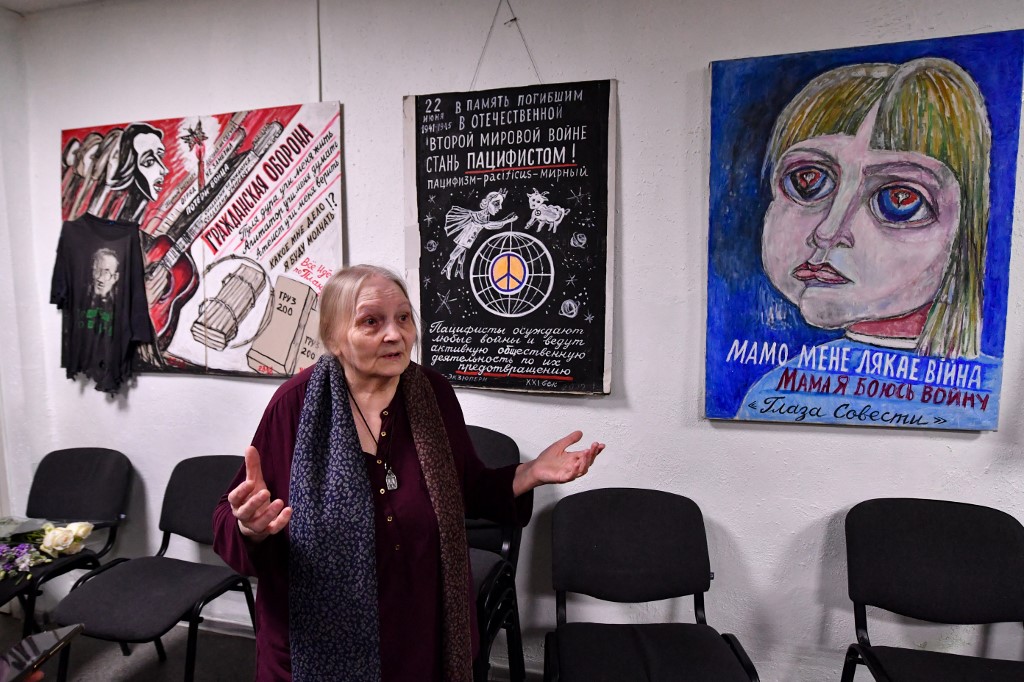
A number of prominent and ordinary Russians have been given lengthy prison terms for publicly opposing the Kremlin’s offensive in the pro-Western country.
Osipova, who has been a critic of the Kremlin for many years, said she was not afraid of speaking out.
“What could be worse than what is happening?” said the activist dubbed “the conscience of Saint Petersburg.”
“This is my country, my homeland, why can’t I speak?”
Osipova first staged a protest in 2002, after Chechen gunmen stormed a Moscow theatre and took 850 people hostage. Since then she has held regular protests and been arrested several times.
Alexander Shishlov of the local branch of the liberal Yabloko party that organised the exhibition said some of the activist’s works would violate the current legislation and therefore could not be displayed.
“As long as there are people like Elena Osipova, there is hope,” said Sergei, one of the first visitors, who did not give his last name.
The exhibition will run until February 24, the day the Kremlin marks the one-year anniversary of Moscow’s offensive in Ukraine.
© Agence France-Presse


